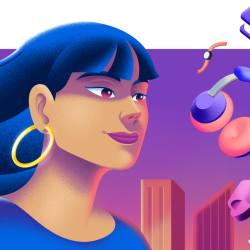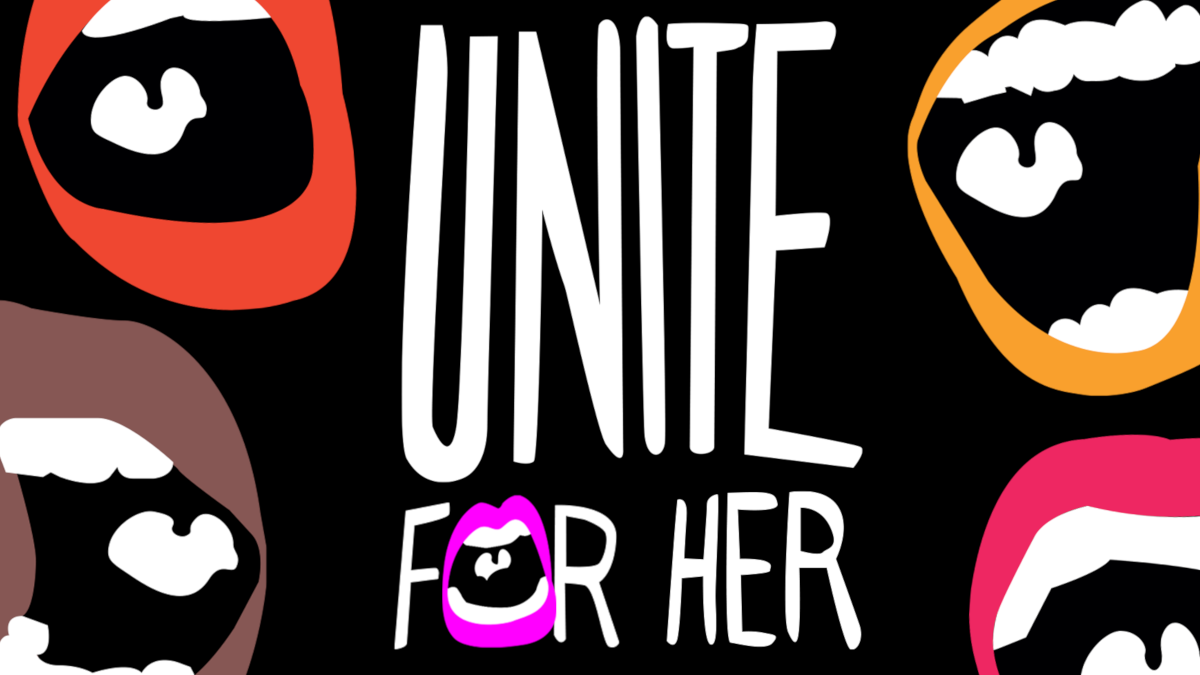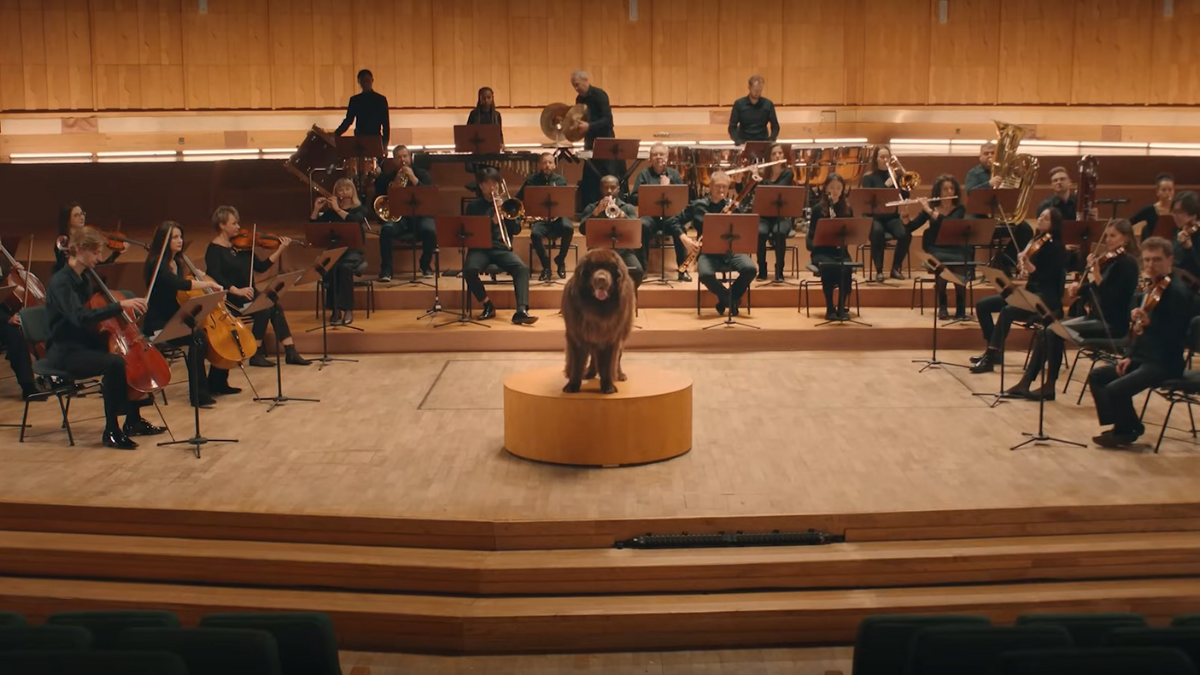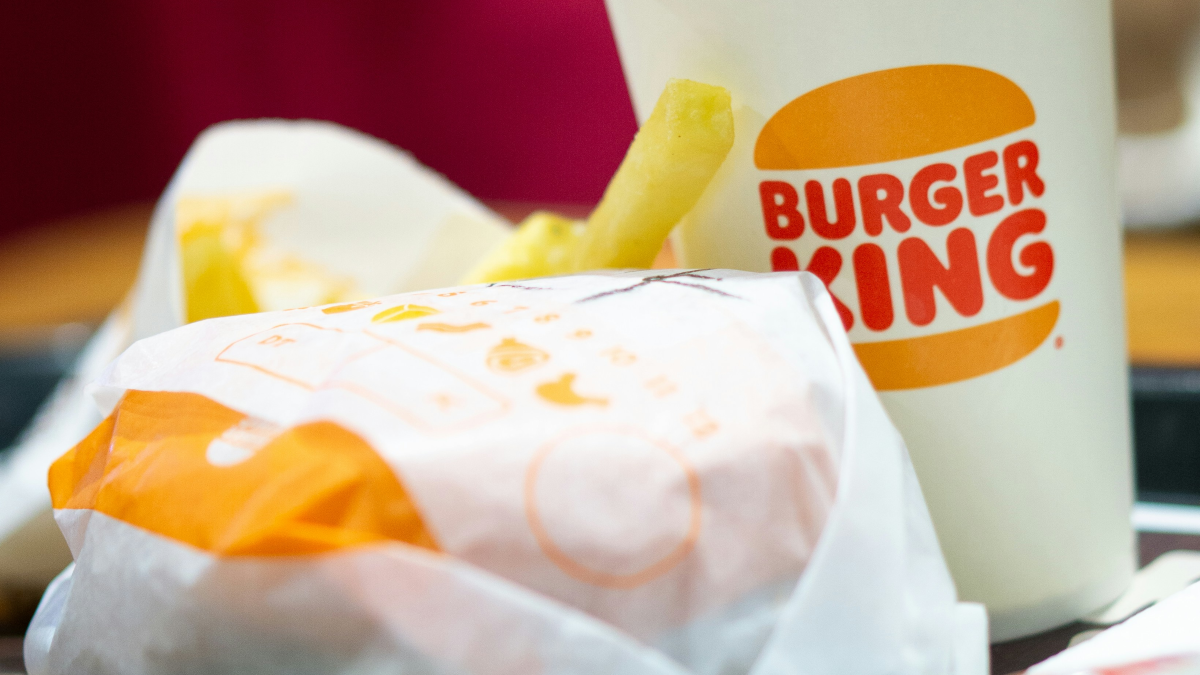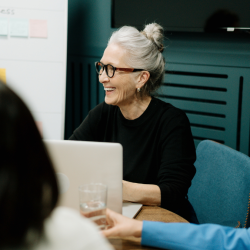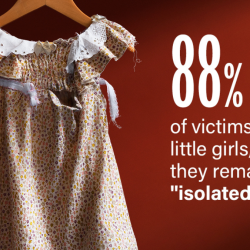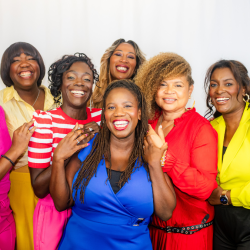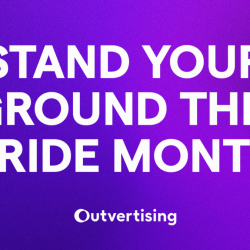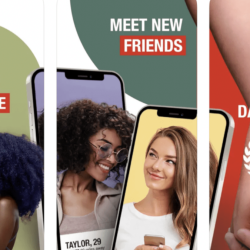Unite For her is an advertising and marketing industry initiative to fight violence against women. We chat to strategy consultant and founder of the initiative, Annalisa (pictured below), about how the industry can get involved and what she’s learned from the experience.
Annalisa, can you explain what Unite For Her is and how the industry can get involved?
Unite For Her is a platform that provides anyone in advertising, marketing, media and PR a focused brief to fight violence against women. We researched the factors that contribute to violence against women and identified 12 causes that can be addressed. Of course there are many more issues from huge macro societal ones down to the way an individual is raised, but we felt these 12 could be tackled by communications in a very effective way. So we wrote 12 provocations or mini creative briefs for anyone to pick up and work on.
What are these 12 causes and why did you decide to write briefs about them?

First of all we decided to write briefs because after talking to partners in the industry, I realised that there is a lot of willingness to use the power we hold for good. However most of the times there is no real focus as to where to direct these efforts; so we end up with a ‘celebration of’ or a ‘raising awareness of’ — in this case it would be ‘celebrating women’ or ‘raising awareness of violence against women’. Both great initiatives but without a real call-to-action, and therefore not particularly effective in initiating change.
So we felt tackling specific issues could make for a much stronger initiative. Issues such as the romanticisation of sexual harassment in the media — for example the film Passengers (2016) where Jim (played by Chris Pratt) effectively robs Aurora (Jennifer Lawrence) of her life, future and her basic human rights, yet the movie is marketed as a love story. So basically it is saying to us ‘it’s ok for a man to take these things away from you if he does it under the banner of love’.
Another example is sexist humour that belittles women and is often seen as harmless. In reality, sexist humour creates an environment where it becomes socially acceptable to express sexism — which opens the door to perpetrating violence against women. Furthermore, studies have shown that men’s enjoyment of sexist humour is positively correlated to their self-reported rape proclivity. Rape proclivity is a self-reported measurement that demonstrates a man’s willingness to rape a woman under the circumstance that they would not be discovered. (Gender Action Portal — Harvard Kennedy School Women and Public Policy Program.)
Let’s go back: in January you posted on LinkedIn asking adland to come together to fight violence against women. It’s taken nearly a year to launch Unite For Her. How did it all begin?
Sure, it did take 11 months and a whole village to create Unite For Her. It all started with the femicides of Sarah Everard and Sabina Nessa. Sarah lived and was abducted very near my home, and, even though proximity shouldn’t matter, her murder hit me hard. Sabina followed on shortly, another ruthless and devastating event. I personally felt both angry and powerless, as I presumed all women felt at that time. So I turned to Grey (the advertising agency I was working for at the time) and asked for help. Before I knew it, a task force of incredible individuals had mobilised, and the journey that eventually led to Unite For Her had begun.
So you got together and decided to tackle this issue, how did you end up with this solution?
It took us a while to come to Unite For Her, because initially I wanted to find a practical solution to the problem. I wanted to give women something that will make them feel safe. But, thanks to the incredible people who helped me co-fund Unite For Her, through many open discussions I realised that, once again, that would’ve put the responsibility on women. Perpetuating the same narrative that has always been around this subject: call a friend when you are walking home alone, hold your keys in your fist in case anyone attacks you, take the longer route home because it’s better lit, don’t wear heels in case you need to run… it has always been our responsibility not to get attacked.
If we followed the same principle for people who get run over, there’d be no communications about driving safely. So we decided that it was time to turn focus of the responsibility onto the men who are perpetrating violence against women, directly and indirectly.
Today is the International Day for the Elimination of Violence against Women, where do you think we are on that journey?
It’s a hard question to answer, part of me wants to believe that progress has been made. Looking around today I see She Said (2022) launching in the cinema, a film about the Harvey Weinstein’s relentless campaign of sexual assault and harassment and how two New York Times female journalists brought it to light and subsequently provided the #metoo movement with a launchpad.
The issue is finally becoming mainstream.
At the same time, just yesterday I got harassed by two different men on my way to the gym — a walk that takes me approximately 4 minutes, because I was wearing leggings. This is a huge systemic problem, and as such it will probably take decades to eradicate. By taking action today, we can all have an impact. (International Day for the Elimination of Violence against Women is Fri 25th November.)
What have you learnt from this experience and what advice can you share with anyone who’s going to take on one of the Unite For Her briefs?
I have learnt how much a group of people who operate under the same powerful objective can achieve, and how harmonious and rewarding that process can be. Working with the Unite For Her team was fantastic, we all had our day jobs as creatives, designers, producers, PMs, strategists, UX specialists, developers and account handlers but we kept coming back together each week and kept going. 11 months of relentless work, driven by a shared belief and passion for justice.
Our mantra was that even if we kept just one woman safe, that would be enough. So to anyone out there who feels the same way, please pick up a brief, share it with your organisation and come together to solve it. Ask for help, you will be surprised how many people will want to be involved, and when it feels you have taken on too much just keep going.
It is worthy, it is important and it will make a difference.
Images by Grey London

